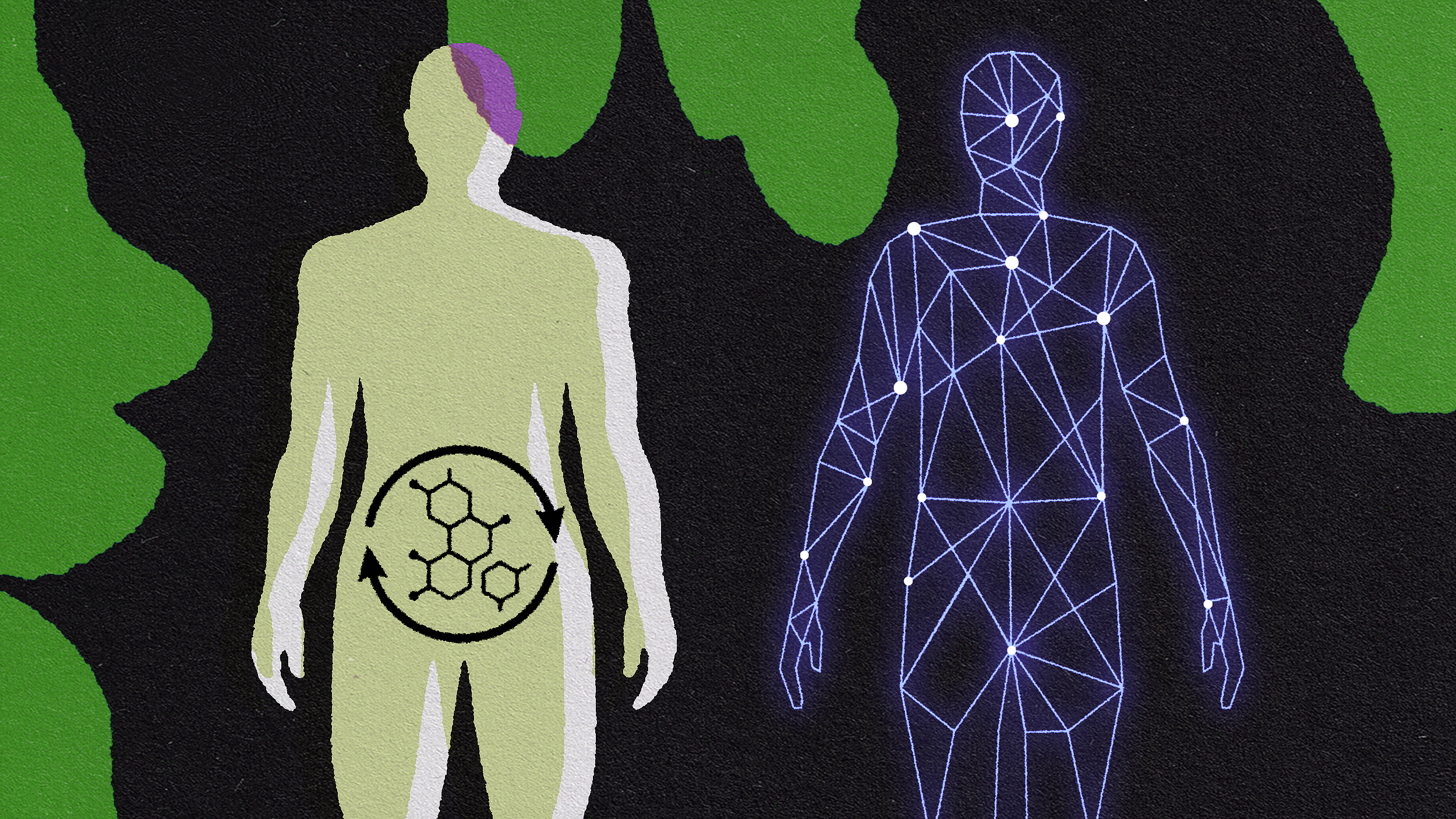Average human body temperature mysteriously declined, finds study

Credit: MAXIM MARMUR/AFP via Getty Images
- Average human body temperatures have declined, show several studies.
- A new paper looked at an indigenous population in the Amazon over 16 years.
- They found the new body temperature of the observed people to be 97.7°F, not the standard 98.6°F.
Temperature checks have become part of the new normal in the world under Covid, but the average body temperature may not be what the thermometers say. A series of studies, including a new paper, propose that the average human body temperature has been dropping for decades and is currently much lower than the accepted 98.6 degrees Fahrenheit, in fact, closer to 97.5°F.
The established standard for how warm your body should be came from the 19th century German physician Carl Wunderlich, whose 1851 measurement of 98.6°F set the bar for a long time. A 2017 study, however, that looked at 35,000 UK adults, found 97.9°F to be the average. A 2019 study measured 97.5°F as the normal temperature for Americans in Palo Alto, California.
Now, a team of physicians looked at the temperatures of the Tsimane, an indigenous people of the Bolivian Amazon, and discovered a comparable decrease. Observations over a 16-year-period revealed that the temperatures of the Tsimane went down about 0.09°F per year. Today, they are at about 97.7°F.
Michael Gurven, professor of anthropology from UC Santa Barbara, who led the research, commented that “in less than two decades we’re seeing about the same level of decline as that observed in the U.S. over approximately two centuries.”
The large study involved 18,000 observations of 5,500 adults and adjusted for factors that could have affected the body heat like outside temperature or body mass. They also used the same type of thermometer throughout, to make sure the instrument wasn’t the issue.
Adjusting for various factors, they sought to figure out the reason for the decrease which was consistently noticed. They conjectured that fewer infections as a result of better hygiene, cleaner conditions, vaccinations, and improved medical treatments were possibly responsible for their find.
Augmented evolution: Why the definition of “human” is about to change | Michelle Thallerwww.youtube.com
While such possibilities are there, they did not account fully for the observations. Chances are, a combination of influences is responsible for the lower temps. “Declines might be due to the rise of modern health care and lower rates of lingering mild infections now as compared to the past,” Gurven shared. “But while health has generally improved over the past two decades, infections are still widespread in rural Bolivia. Our results suggest that reduced infection alone can’t explain the observed body temperature declines.”
Some additional explanations offered by Gurven include the fact that we now have better anti-inflammatory drugs and even the advancements in air conditioning.
“While Tsimane body temperatures do change with time of year and weather patterns, the Tsimane still do not use any advanced technology for helping to regulate their body temperature,” Gurven explained. “They do, however, have more access to clothes and blankets.”
It should be noted that the study looked at average temperatures, and physicians do not think there is truly one temperature that everyone should have. What’s considered “normal” is really a range of temperatures that depends on the individual. Still, the information is valuable in pointing to the population’s overall health.
Check out the new paper in Sciences Advances.





